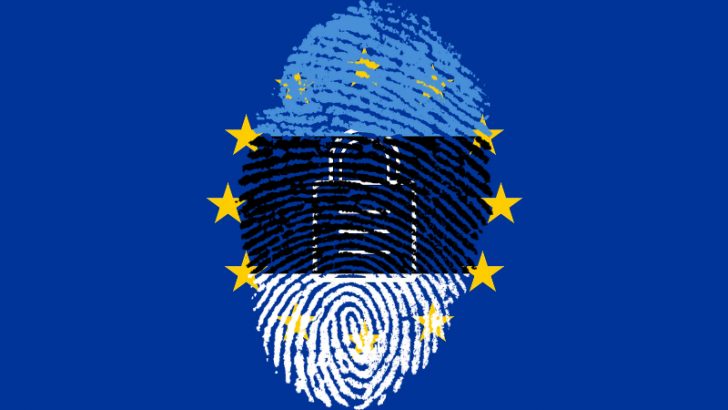

Enterprise Estonia
The world’s first e-Residency programme in Estonia is partnering with Finnish fintech company Holvi to launch borderless digital banking. The partnership eliminates the need for e-residents to travel to Estonia in order to access business banking.
“Business banking is radically transforming for almost everyone on Earth and this can help unlock global growth by democratising access to entrepreneurship,” says e-Residency Programme Director Kaspar Korjus. “We’re delighted that Holvi has decided to invest in our borderless digital nation by offering borderless business banking specially tailored to our growing community of e-residents. This partnership with Holvi will further lower the barriers to entrepreneurship and help expand e-Residency to many more people around the world who have been unable until now to establish a trusted company with the tools needed to conduct business globally.”
Obstacles removed
Estonia’s launched its e-Residency programme just over two years ago. Its aim – to open up the entrepreneurial potential from outside Estonia. It provides a transnational digital identity backed by the Estonian government (note: e-Residency does not provide citizenship, tax residency, physical residency or the right to travel to Estonia or the EU). With this comes full access to Estonia’s public e-services, much of it based around use of blockchain, including the ability for an e-Resident to:
- set up electronically an EU-based business
- use advanced digital infrastructure to manage that business from anywhere in the world.
Originally would-be e-Residents had to visit Tallinn to obtain their e-Residency. Nowadays one can obtain this at designated Estonian embassies around the world. This removed one obstacle. There are over 20,000 e-Residents. They manage some 3, 000 businesses and have set up 1500+ new Estonian companies.
But there was one other big snag. To complete the set-up of an e-Resident-owned Estonian business, e-Residents still had to visit Estonia and a bank to obtain a business account.
e-Residency: meet e-Banking
Holvi characterises itself as banking for “Makers and Doers”. It provides digital money management tools that are connected to Holvi’s business current account. By partnering with the e-Residency programme, Holvi will be able to serve more location-independent entrepreneurs around the world.
Holvi’s business current account has all the payment features of a traditional bank account plus some extras:
- store money
- make bank transfers online (IBAN functionality lets businesses make transfers around Europe)
- credit cards
- invoicing
- paperless bookkeeping
- document signing.
What does it mean?
e-Residents could now open a company within a day. They could start to run that company remotely. With the Holvi partnership, a business run by an e-Resident can open a business banking account and conduct e-banking. In addition, invoicing and bookkeeping come as part of the banking deal.
The circle has closed. A complete EU business with banking can be established online from anywhere. As such. It is possible to believe that a new era for location-independent entrepreneurs has arrived, once you have the all-important e-Residency. (Full disclosure: the author became an e-Resident in 2015.).

























